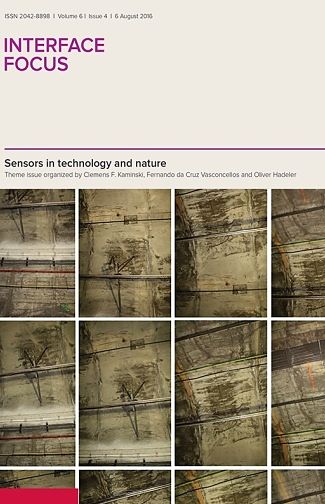Submitted by L. Millard on Thu, 28/07/2016 - 13:32
Infrastructure contributes significantly to the economic and social well-being of our cities, but changing demographics and increased usage means there is pressing need to assess the resilience of our physical infrastructure – buildings, water, energy, transport and communication networks – for the future.

An article titled Infrastructure Sensing, published by the Royal Society in the journal Interface Focus, and written by Kenichi Soga, Co-Investigator at CSIC, and Jennifer Schooling, Director of CSIC, presents the potential of advances in sensor systems to radically alter methods of condition assessment and monitoring of infrastructure. This is of great value to a society faced with the challenge and high costs of upgrading and extending the performance life of current existing infrastructure that is fixed in space for many decades –some infrastructure has an engineering design life of more than 100 years. Understanding the performance of infrastructure during its construction and throughout its design life will lead to better, more adaptable and sustainable designs, and less waste of materials, energy and labour.
The authors propose that the future of infrastructure relies on smarter information that will be obtained from a range of novel sensor technologies that can realise the concept of ‘smart infrastructure’ and support a whole-life approach to asset management. A number of emerging sensing technologies, including distributed fibre-optics sensors, computer vision, wireless sensor networks, low-power micro-electromechanical systems (MEMS), energy harvesting and citizens as sensors, are reviewed. The paper also highlights the many industry engineering projects where CSIC has successfully deployed novel sensor technologies to quantify the value of sensing for infrastructure monitoring, test performance and collect valuable data.
This new data will act as a catalyst for new design, construction, operation and maintenance processes for integrated infrastructure systems linked directly with user behaviour patterns.
Read introduction here
